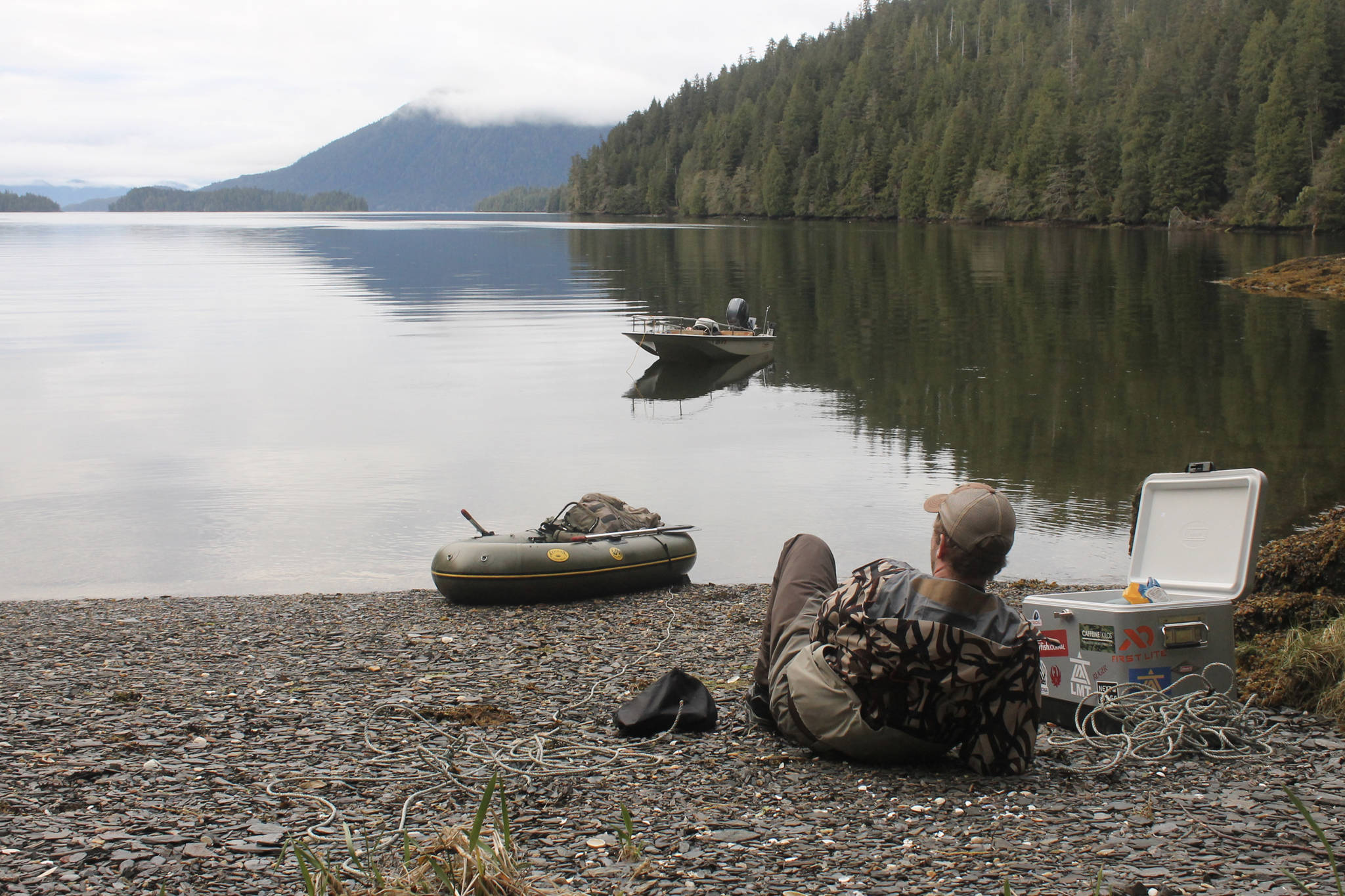I had abandoned the posture of a hunter and was now sprawled out on the beach using a jacket as a pillow. I contemplated a nap and thought, “Why not?” and took one.
It was one of those sleeps that undulates in depth. On one end, you’re conscious of what’s going on around you, like the hooter across the water. On the other end, you’ve just landed at the airport in New Jersey and you’re upset the font is so small on the baggage claim sign.
You know, stuff that makes absolutely no sense and even Sigmund would shrug his shoulders.
The thing about sleeping is that it makes you an inactive participant in life. You’re not escaping reality, you’re avoiding it. In some cases, this isn’t a big deal.
[Alaska’s oldest lighthouse is in dire need of repairs]
One of my favorite napping places is etched in my memory. It was about a mile down river from my camping spot on California’s Upper Sacramento River. There’s a deep pool and a pebble beach in direct sunlight that is warm and even when the water isn’t raging with run off.
The river is sloppily traced by railroad tracks and Interstate 5. In this spot, the tracks are close, but the asphalt isn’t. So, it’s quiet except for the sound of water and the occasional train engineer who lays on the horn. I respond with a wave, so he knows it’s a lazy angler, not a lifeless carcass.
Cold May mornings gave way to warm May afternoons, so by noon that means you’ve changed, walked, waded, tied knots, casted and hopefully caught and released fish for over six hours. It was the perfect spot to shift into neutral and coast for a bit before getting back after it.
[British Columbia mining standards put Alaskans at risk, experts say]
But there is no napping place like Alaska, provided in some cases, you have a mosquito net. It’s not a groomed park with dog poo bag dispensers, hemmed in by streets — you’re napping on a quiet, uninhabited, mostly unmolested part of earth.
I don’t have a spot exactly like that around here because they aren’t all that hard to find. You get into the alpine, with its warm, soft, perfect decline that necessitates only a crude pillow.
There’s always a spot next to the river that’s prime for a short nap thanks to the mossy forest floor. If you’ve lived here you know that waking up to a bear, goat or whatever else sniffing you is extremely unlikely, but that doesn’t keep you from being careful and making sure you’re not next to food sources or on a game trail.
It also means that the sleep is more relaxing than restful.
The sound of an eagle swooping sounds like a pterodactyl. A mink scurrying through the grass is a hippo. But as long as that doesn’t happen too soon in into the nap, the minutes of rest you did get have accomplished the goal. You take a breath feeling far more rested than the power nap should have provided.
I know I’m supposed to be paying attention and that a nap is for the weak, but hey, sometimes when the going gets relaxing, the weak take naps. And I think there’s something to being able to downshift when outdoors.
It’s an indication that you’re not in one of those drive-through, fenceless zoos of the Lower 48, and also that you’re not so hyper-focused on speed or results, to take a moment to relax.
• Jeff Lund is a writer and teacher based in Ketchikan. “I Went To The Woods,” a reference to Henry David Thoreau, appears in Outdoors twice a month.

